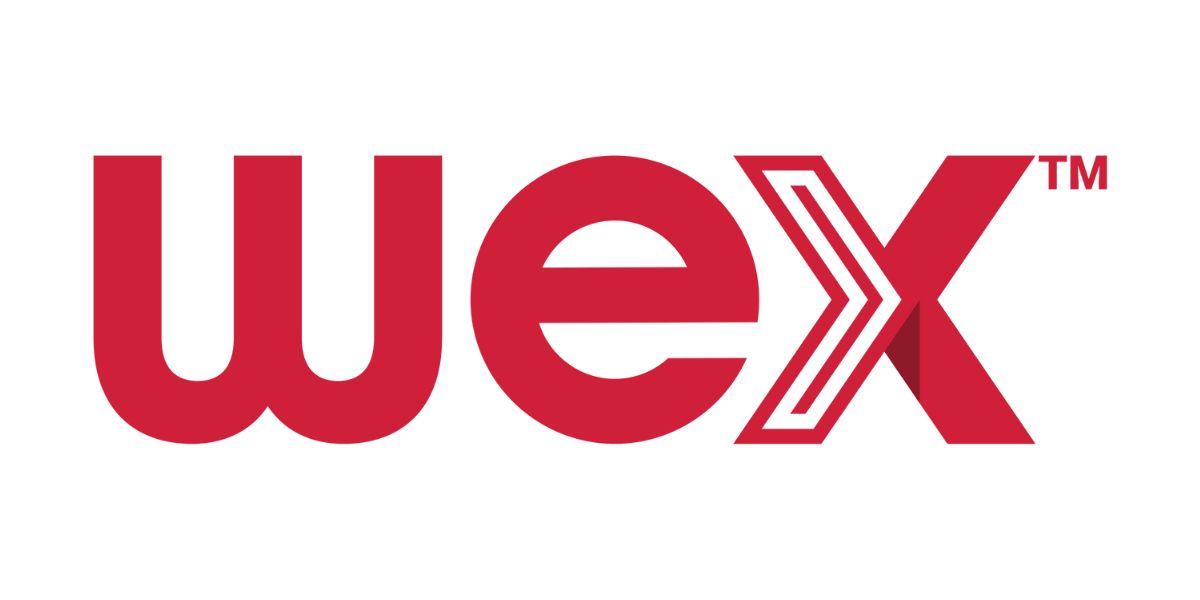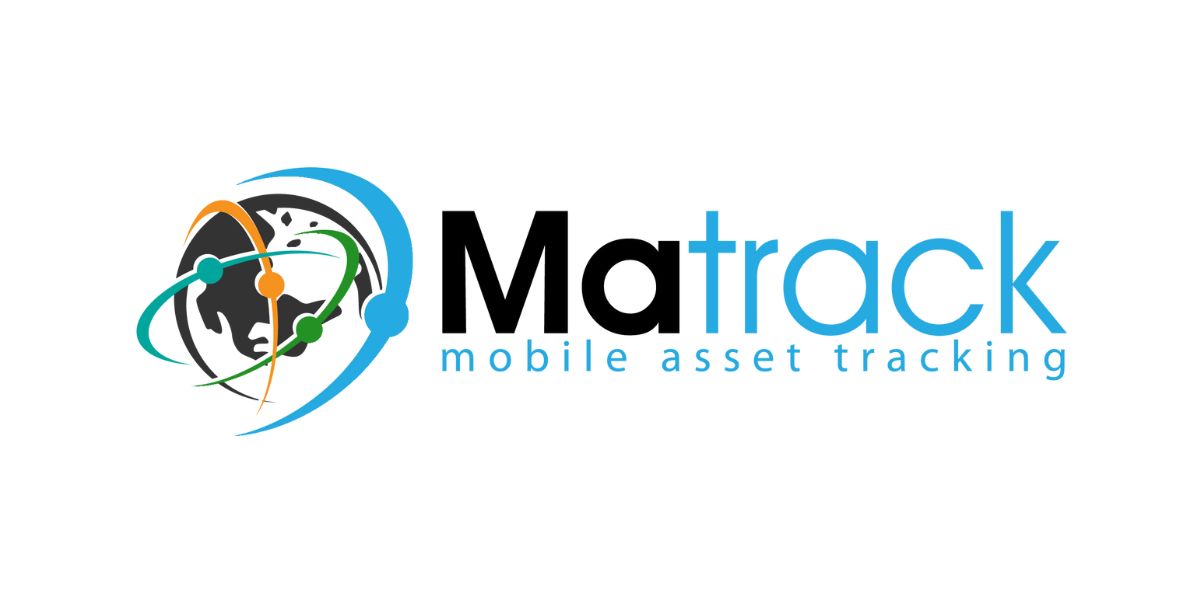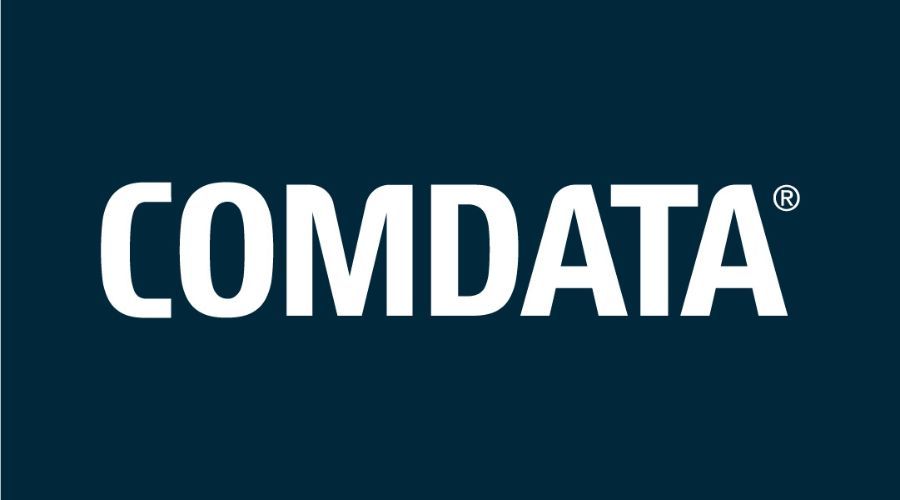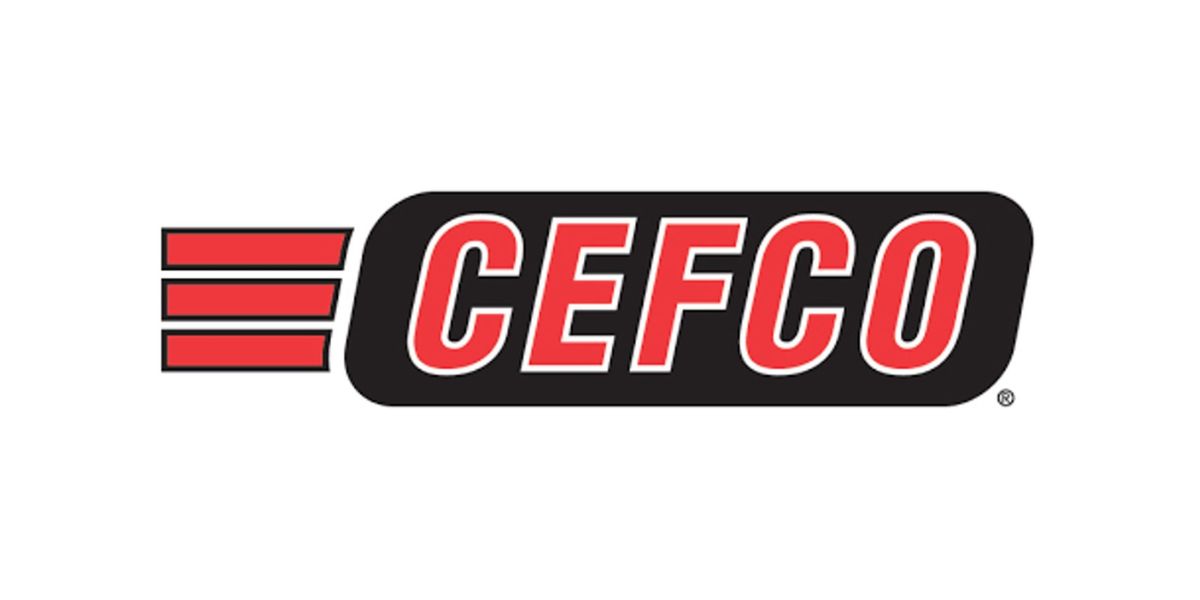
8 Best Fleet Management Fuel Cards: Full Guide for Operators (2025)
Finding the right fleet fuel cards can transform your business operations, reduce costs, and eliminate administrative headaches. Since fuel accounts for nearly 25% of fleet operating costs, the wrong fuel card program can cost fleets thousands of dollars each year.
Fleet managers require solutions that effectively control fuel expenses, efficiently manage multiple vehicles, and provide detailed expense tracking for optimal fleet management.
Key Takeaways
- Best overall value: AtoB delivers up to 45¢ per gallon savings with 99% acceptance and advanced fraud protection
- Largest network: WEX provides 95% acceptance across US fuel stations with reliable 3¢ per gallon rebates
- Highest trucking discounts: Comdata specializes in over-the-road operations with cash price access at 8,000 truck stops
- Flat-rate savings: Fuelman offers consistent 8-12¢ per gallon discounts without complex tier requirements
- Brand loyalty benefits: Shell provides up to 6¢ per gallon rebates plus maintenance discounts at participating locations
{{CTA}}
Top 8 Fuel Card Choices for Fleet Management
1. AtoB

AtoB operates as a modern financial platform, offering state-of-the-art fuel cards powered by Mastercard technology, with a focus on mobile-first discount optimization and comprehensive fleet management tools. AtoB's technology powers smarter, faster, and more secure operations for fleets of every size, helping businesses reduce expenses through our unified platform, which covers everything from fuel discounts to accounts receivable (A/R) tracking and vendor payments.
Pros
- Average savings of 45¢ and up to $2.00 per gallon
- 99% acceptance rate nationwide through the Mastercard network
- Advanced fraud protection up to $250,000
- Mobile app enables real-time discount location identification
- IFTA compliance automation eliminates the quarterly reporting burden
- No setup fee or transaction fees
Cons
- Requires mobile app usage to maximize discounts
- Monthly fees of $3-6 per card
- A technology-dependent approach may challenge less tech-savvy drivers
- Higher discounts concentrated at truck stops vs. gas stations
Ideal use cases
Ideal for trucking fleets, over-the-road operations, and tech-savvy businesses seeking to maximize fuel savings. Particularly valuable for fleets with high diesel consumption and drivers comfortable with mobile technology.
2. WEX

WEX maintains market leadership through an extensive network coverage, serving 95% of US fuel stations with multiple card options designed for different business segments and operational requirements.
Pros
- Industry-leading 95% acceptance at US fuel stations
- FlexCard offers 3¢ per gallon rebates with no monthly fees
- Comprehensive technology platform with GPS tracking integration
- Automatic accounting software integration capabilities
- WEX EDGE network provides additional business product discounts
- Established customer service infrastructure
Cons
- Lower per-gallon discounts compared to specialized providers
- Set up fees of $40 and replacement card costs
- A complex program structure may confuse smaller operators
- Limited truck stop optimization compared to specialists
Ideal use cases
Excellent for mixed fleets requiring universal acceptance, businesses operating across diverse geographic regions, and organizations prioritizing network reliability over maximum discounts. Particularly suitable for service fleets and delivery operations.
3. Fuelman
%20logo.jpg)
Fuelman differentiates through flat-rate discount programs, providing consistent per-gallon savings without complex tier structures, focusing on predictable cost reduction for fleet operators.
Pros
- Consistent 8¢ per gallon rebates on mixed fleet card
- Up to 12¢ per gallon on the focused program
- Flat-rate structure eliminates volume threshold requirements
- Enhanced fraud protection up to $10,000 per card
- 60,000 accepting locations nationwide
- Roadside assistance is included in higher-tier programs
Cons
- Monthly or annual fees ranging from $39 to $99
- Additional per-card fees of $4-$12 monthly
- Smaller network compared to universal acceptance programs
- Higher total cost structure for small businesses
Ideal use cases
Best for fleets seeking predictable fuel savings, operations with consistent fueling patterns, and businesses requiring comprehensive fraud protection. Particularly valuable for medium to large fleets willing to pay fees for guaranteed discount levels.
4. Shell

Shell leverages its extensive retail network and brand recognition to provide integrated fuel card solutions combining fuel discounts, maintenance benefits, and loyalty program integration.
Pros
- Tiered rebates up to 6¢ per gallon based on monthly volume
- Shell Card Business Flex provides universal acceptance
- Integration with the Fuel Rewards loyalty program
- Up to 20% discounts at participating Jiffy Lube locations
- No setup or annual fees on business card programs
- Approximately 12,000 Shell stations nationwide
Cons
- Maximum benefits are limited to Shell stations
- Volume-based tiers may not benefit smaller fleets
- Geographic coverage gaps in some rural areas
- Maintenance partnerships are limited to specific service providers
Ideal use cases
Optimal for fleets operating in Shell-dense geographic areas, businesses seeking maintenance service integration, and operations able to plan routes around Shell locations. Particularly beneficial for fleets with predictable regional routing patterns.
5. Matrack

Matrack specializes in trucking fleet solutions, providing fuel management services designed specifically for commercial transportation operations with emphasis on operational controls and reporting capabilities.
Pros
- Specialized trucking industry focus and expertise
- Advanced fleet management and tracking integration
- Customizable fuel controls and restrictions
- Detailed operational reporting and analytics
- Industry-specific customer service and support
- Integration with existing trucking management systems
Cons
- Limited network compared to universal providers
- Higher monthly service fees for specialized features
- Smaller discount levels compared to volume-focused programs
- May be oversized for smaller fleet operations
Ideal use cases
Designed for established trucking companies requiring sophisticated fleet management integration, operations needing detailed compliance reporting, and businesses prioritizing specialized trucking industry expertise over maximum fuel discounts.
6. ExxonMobil

ExxonMobil provides business fuel cards, leveraging its extensive branded fuel card network, while offering universal acceptance options for operational flexibility and comprehensive expense management.
Pros
- Access to Exxon and Mobil stations' extensive network
- Universal fuel card options available
- Established brand recognition and reliability
- Integration with existing business credit relationships
- Comprehensive expense tracking and reporting
- No annual fees on select program options
Cons
- Brand-specific discounts limit flexibility
- Lower discount levels compared to specialized providers
- Limited trucking-specific key features and services
- Geographic coverage variations impact rural operations
Ideal use cases
Suitable for businesses with established ExxonMobil relationships, fleets operating in areas with strong Exxon presence, and organizations prioritizing brand recognition and reliability over maximum discount optimization.
7. Comdata

Comdata specializes in over-the-road trucking operations, providing access to cash prices at 8,000 truck stops along major freight corridors with additional per-gallon discounts and comprehensive driver services.
Pros
- Cash price access at participating truck stops
- Additional 7-25¢ per gallon discounts at select locations
- 8,000 truck stop network strategically located on freight routes
- Comprehensive driver services, including cash advances
- Specialized IFTA reporting and compliance tools
- Industry-leading trucking expertise and support
Cons
- $8 monthly card fees increase operational costs
- Limited coverage compared to universal programs
- Truck stop focus may not serve mixed fleet operations
- A higher cost structure may not benefit smaller fleets
Ideal use cases
Specifically designed for over-the-road trucking operations, long-haul freight companies, and commercial fleets prioritizing truck stop access and driver services over universal acceptance and lower fees.
8. CEFCO

CEFCO operates as a regional fuel card provider, focusing on the Southwestern United States, and offers competitive discounts and personalized service to fleets operating within its geographic coverage area.
Pros
- Strong regional presence in Southwest markets
- Competitive discount levels within the coverage area
- Personalized customer service and local support
- Flexible program structures for different fleet sizes
- Regional expertise and market knowledge
- Streamlined application and approval processes
Cons
- Limited geographic coverage outside the Southwest region
- A smaller network restricts operational flexibility
- May lack advanced technology features
- Regional focus limits expansion opportunities for growing fleets
Ideal use cases
Ideal for fleets operating primarily in Texas, New Mexico, Oklahoma, and surrounding Southwest markets seeking regional expertise, personalized service, and competitive discount levels within a focused geographic area.
{{CTA}}
How Do Fleet Management Fuel Cards Work?
Fleet fuel cards serve as specialized payment tools that combine fuel purchasing capabilities with comprehensive expense management, operational controls, and detailed reporting systems specifically designed for commercial vehicle operations.
Unlike business credit cards, these business-focused payment instruments provide fleet managers with granular spending limits, real-time transaction monitoring, and automated compliance features that address the unique requirements of managing multiple vehicles and drivers across diverse operational environments.
The operational mechanics involve three key components:
- Payment Processing: Cards utilize major networks (Mastercard, Visa) for universal acceptance while maintaining specialized discount relationships
- Control Systems: Fleet managers establish spending controls, merchant restrictions, and authorization parameters through web-based administrative platforms
- Data Integration: Transaction information flows automatically into the fleet management system, accounting software, and compliance reporting tools
Modern fleet cards also integrate with telematics systems to validate transaction locations, monitor fuel efficiency trends, and identify unauthorized usage patterns through GPS cross-referencing and behavioral analysis algorithms.
What To Consider With Fleet Fuel Cards
Network Coverage and Acceptance
Universal acceptance (achieved by 95% or more of stations) eliminates route planning constraints and ensures fuel availability, regardless of operational requirements. Specialized networks may offer higher discounts but require route planning around participating locations. Consider your fleet's geographic coverage, typical routes, and driver flexibility when evaluating network options.
Fee Structure Analysis
Monthly card fees range from $0 to $12 per card, setup costs vary from $0 to $50, and transaction fees may apply, depending on the provider. Calculate the total cost of ownership, including all fees, and compare against projected discount savings. Some programs offset higher fees through superior discount levels or enhanced services.
Discount and Rebate Programs
Savings range from 3¢ per gallon for universal programs to over 45¢ per gallon for specialized trucking cards. Evaluate whether discounts apply to all purchases or require specific stations, minimum volumes, or operational requirements. Consider the consistency of savings versus variable rebate structures.
Technology and Integration Requirements
Modern fleet cards offer mobile apps, real-time reporting, integration with accounting systems, and telematics connectivity. Assess your organization's technology adoption capacity and existing system compatibility when selecting platforms that require active technology engagement.
Security and Fraud Protection
Fraud protection coverage ranges from basic monitoring to comprehensive coverage exceeding $250,000[4]. Evaluate security features, including card locking capabilities, GPS validation, spending controls, and real-time fraud detection systems.
Who Are Fleet Fuel Cards For?

Commercial Trucking Operations
Over-the-road trucking companies benefit significantly from specialized fuel cards offering truck stop access, diesel fuel discounts, and driver services. With fuel representing up to 35% of operational costs, trucking fleets achieve substantial savings through programs like AtoB (45¢/gallon) or Comdata (cash pricing + 7-25¢/gallon).
Delivery and Service Fleets
Local delivery companies, service contractors, and mixed-vehicle operations benefit from universal acceptance programs, enabling convenient fueling anywhere. WEX's 95% acceptance rate and moderate discount levels better suit these operational patterns than specialized trucking programs.
Construction and Industrial Fleets
Construction companies that operate heavy equipment and company vehicles benefit from fuel cards that offer both fuel and maintenance cost management. These operations often face higher fraud risks, making enhanced security features particularly valuable.
Government and Municipal Fleets
Public sector fleets require comprehensive reporting, budget controls, and audit trails that fuel cards provide automatically. The ability to track tax-exempt purchases and generate detailed compliance reports addresses specific government operational requirements.
Small Business and Independent Operators
Owner-operators and small businesses benefit from programs that require no personal guarantee (like AtoB Unlimited), while providing immediate cost savings and simplified expense tracking. These operations particularly value transparent fee structures and easy application processes.
What Advantages Do Fleet Fuel Cards Offer?
Direct Cost Savings
Fuel discounts represent the most immediate and visible benefit, with savings ranging from 3¢ to 45¢ per gallon, depending on the program and the type of fuel. For a fleet consuming 50,000 gallons annually, even a modest 10¢ per gallon discount generates $5,000 in annual savings, while larger discounts can produce tens of thousands in cost reductions.
Administrative Efficiency Improvements
Automated expense tracking eliminates manual receipt collection and data entry requirements that typically consume 5-10 hours weekly for fleet managers. Digital transaction capture provides complete and accurate records while reducing accounting errors and simplifying tax preparation processes. [8]
Enhanced Security and Fraud Prevention
Customizable spending controls, real-time expense tracking, and advanced fraud detection systems protect against unauthorized usage that can cost fleets thousands annually. The ability to instantly deactivate lost cards and establish merchant restrictions provides security layers impossible with traditional payment methods.
Compliance Automation
IFTA reporting automation eliminates the quarterly administrative burden while ensuring accuracy and reducing audit risks. Automatic mileage tracking and fuel purchase categorization by jurisdiction saves hundreds of hours of administrative work annually for interstate operations.
Operational Visibility and Analytics
Detailed fuel transaction reporting enables the identification of fuel efficiency trends, variations in driver performance, and opportunities for cost optimization. Fleet managers gain valuable insights into operational patterns that support informed strategic decision-making and drive continuous improvement initiatives.
Cash Flow Management
Credit-based programs provide extended payment terms while prepaid options enable precise budget control. Both approaches enhance cash flow predictability while eliminating unexpected fuel expenses and unauthorized employee spending.
Also read:
FAQs
What is the distinction between fuel and fleet cards?
Fuel cards focus primarily on fuel purchases such as diesel and unleaded fuel, along with basic expense tracking, while fleet cards offer comprehensive fleet expenses management, including maintenance, repairs, and operational costs. Fleet cards typically provide enhanced reporting of spending patterns, stronger controls over business expenses, and integration capabilities designed specifically for operations with multiple vehicles. This makes them a top choice among fuel cards for businesses.
How do fleet fuel cards differ from business credit cards?
Fleet fuel cards offer specialized features, including fuel-specific discounts, vehicle-based spending controls, detailed fuel reporting, and industry-specific integrations that business credit cards often lack. They also provide enhanced security features and fraud protection specifically designed for commercial vehicle operations. Unlike traditional business credit cards, fleet cards focus on actual savings tied directly to fuel use and vehicle-related costs.
Do fleet cards build credit?
Many fleet card programs report payment history to business credit bureaus, helping establish and improve business credit scores over time. This credit-building capability can enhance financing opportunities and business creditworthiness, particularly valuable for growing businesses.
What items are not allowed to be purchased with a fleet card?
Fleet cards typically restrict purchases to fuel, non-fuel, cash advances (in some programs), and purchases outside authorized merchant categories. Specific restrictions vary by provider and can be customized according to business requirements and policy preferences.
Are fleet fuel cards worth it?
Fleet fuel cards typically provide a positive return on investment through fuel discounts, administrative efficiency improvements, and fraud prevention benefits. Even modest 5¢ per gallon savings can generate thousands of dollars in annual benefits while eliminating administrative costs and security risks associated with alternative payment methods.
Ready to Cut Fuel Costs? Find the Right Fleet Card Today
Choosing the best fleet fuel card can transform your business operations while generating substantial cost savings and operational improvements. The analysis reveals that different providers excel in serving specific operational requirements, from AtoB's aggressive trucking discounts to WEX's universal coverage and Fuelman's predictable flat-rate savings. Businesses can better manage fuel spend, identify hidden fees, and strategically select fueling locations to maximize efficiency and save money.
For immediate impact on your fuel costs and operational efficiency, start your AtoB application today and join over 30,000 fleets already saving an average of 45¢ and up to $2.00 per gallon. With 99% acceptance, advanced fraud protection, and no setup fees, AtoB provides the comprehensive fleet management solution that drives real results for businesses ready to optimize their transportation costs and embrace modern fleet management technology.
{{CTA}}
Citations:
[1] https://www.fmcsa.dot.gov/regulations/compliance-enforcement/elds
[2] https://truckingresearch.org/2025-trucking-efficiency-report
[3] https://www.sba.gov/business-guide/manage-your-business/fleet-management
[4] https://www.atob.com/blog/fleet-fuel-card-benefits
[5] https://www.fleetowner.com/fuel-management/article/fleet-card-trends-2025
Get started with AtoB



.jpg)
